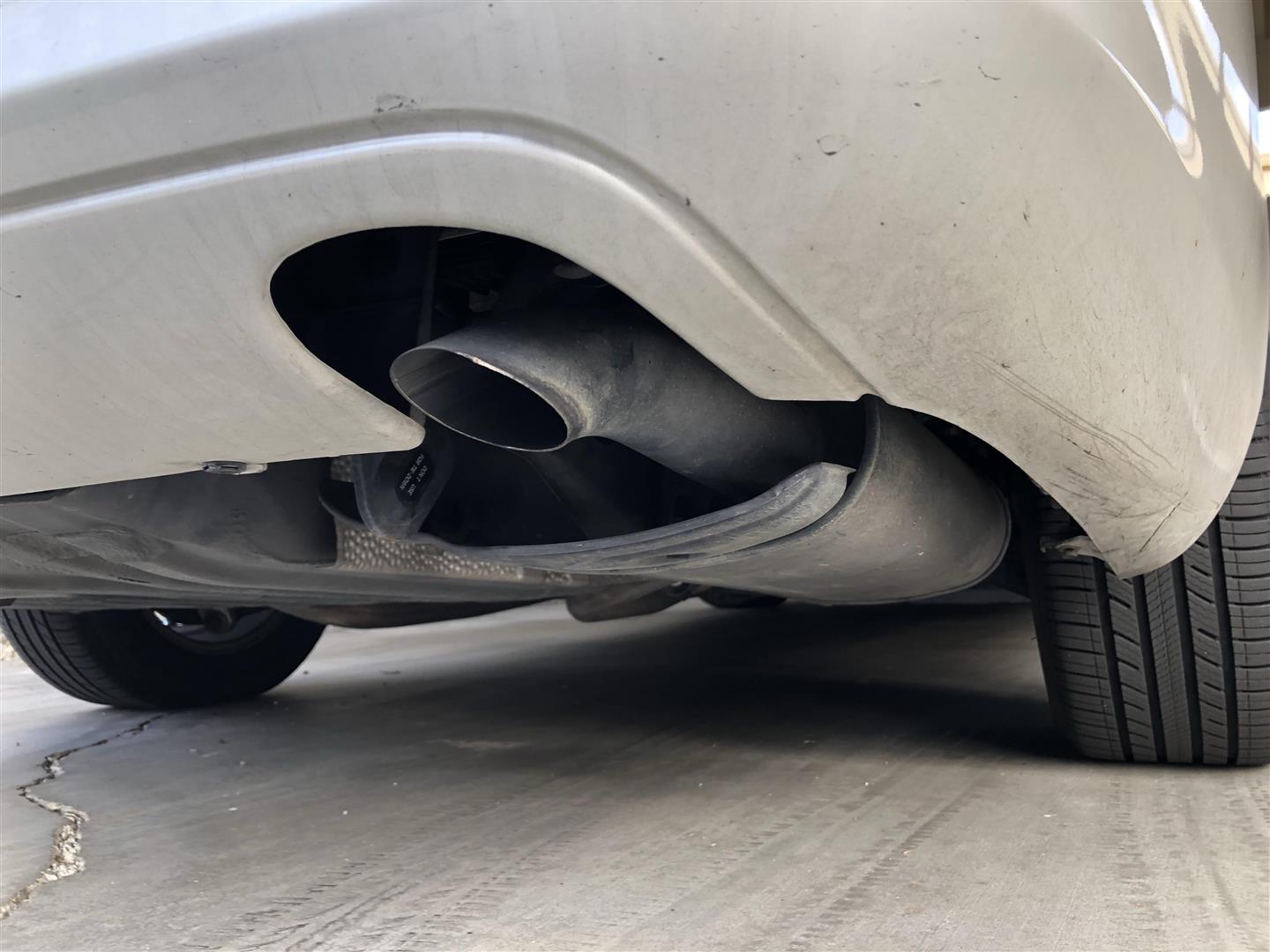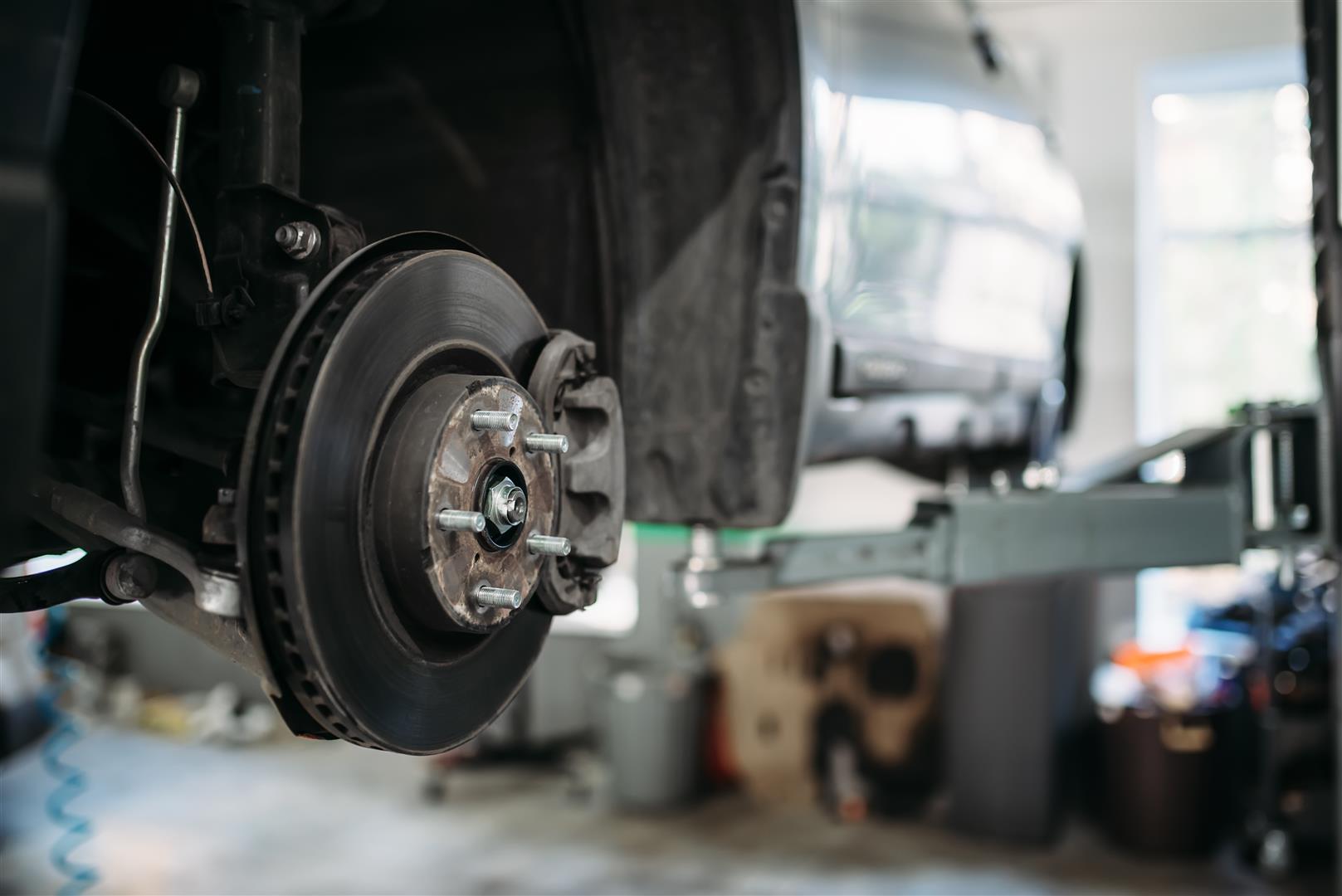Posted on 12/7/2022

The winter season is almost here in Northern Delaware. The temperatures are dropping fast and cold weather is ahead. It's always smart to think about car maintenance when the seasons change, especially this time of year. Obviously, the most important preventative maintenance step you can take is to change your oil. Whether you do it yourself or have a professional service your vehicle, now is a good time to get your oil changed before things get even colder outside. Here are 3 helpful tips for anyone thinking about getting an oil change this winter: 1. Don't Wait Too Long It's usually best to get your oil changed before the coldest weather starts to set in. This is especially true if you are already due for an oil change anyway. Old oil can cause damage within your engine, and your engine is already getting more stress s ... read more
Posted on 11/9/2022

Your exhaust system plays a very important role in the overall health and performance of your car, truck or SUV. It expels harmful gases away from the engine and burns them off so that the emissions are safer for the environment. Exhaust system problems can really cause problems for you. Your engine could be damaged, your fuel efficiency will drop, and a bad exhaust leak could literally be deadly for you and your passengers. Here are some of the most common signs of exhaust system failure or damage: 1. Check Engine Light (or Other Warning Lights) Your check engine light can come on for a variety of reasons. Exhaust system issues are among the most common because you have several sensors that can easily be tripped. Or, the sensor itself can fail. This happens a lot with faulty oxygen (O2) sensors. More advanced vehicles may offer more spec ... read more
Posted on 10/19/2022

It's never really fun having to fill up on gas, but it has been extra brutal this year with inflated fuel prices. You still need to get where you want to go and we can't control gas prices. However, there are a few simple things you can do to cut down on fuel consumption and improve the miles-per-gallon (MPG) in your car, truck or SUV. Here are some gas-saving tips for better fuel efficiency: 1. Watch the Lead Foot How you drive can definitely impact your fuel economy. Driving faster will burn more gas. Slamming down on the gas pedal to accelerate quickly will only waste fuel. Learn to drive sensibly can help stretch your fuel budget. 2. Lighten Your Load If you regularly drive around with heavy items or tow large loads, minimize your vehicle's weight. Don't bring anything you don't need. Lighten the load and that will help save gas. 3. Check Tire Pressure You should check your tire pressure regularly. It can ... read more
Posted on 10/12/2022

It sure is nice when your car has a healthy brake system. You feel much safer as a driver when you know your vehicle can stop or slow down effectively. Brake problems can make things a lot more difficult when out on the road—especially as we head into Northern Delaware's late fall and winter seasons. Brake System Maintenance Brakes do require maintenance from time to time. The brake pads generally need the most attention. They should be checked with every automotive service visit and replaced once they are too worn to be effective. Other brake maintenance procedures may include replacing or remachining the brake rotors. Drum brake systems and disc brake systems will have different maintenance and repair needs. A good mechanic will be able to tell you what needs to be done and when to prevent major brake problems. Signs of Brake Problems There are some signs you can look for to ... read more
Posted on 9/21/2022

The fall season is here and that usually means more rain in Northern Delaware. We will even encounter some ice and snow as the winter season approaches. Bad weather can impact your visibility as a driver, as well as the vehicle's handling. It's important to be safe and keep your car running right no matter what the weather brings. Here are a few automotive services to consider this time of year: Tire Care You depend on your tires to effectively grip the road. Wet or icy conditions can severely compromise your traction when you need it most. Make sure your tires are in good shape with healthy, even treads. Get them rotated regularly and replace them if the tread levels are getting too low. Brake Service Obviously, your brake system is extremely important in bad weather conditions. You need to be able to stop and slow d ... read more